It’s not even been a week and the fragile ceasefire between Israel and Hamas is already facing a test. The reason — the bodies of the hostages that are still being held by the Palestinian militant group in Gaza.
And as Hamas delays the release of the bodies — they have only released eight bodies of the 28 — Israel has said that the flow of aid into the devastated Palestinian territory would be cut by half and the crucial Rafah border crossing with Egypt would not open as stated in Donald Trump’s 20-point peace plan.
Where are the bodies of the hostages?
Phase one of US President Donald Trump’s plan, which was agreed upon, stated that Hamas would hand over all 20 living hostages as well as the bodies of those who died in captivity. On Monday, as part of the plan, Hamas released all 20 of those who were held captive since the October 7, 2023 attacks.
Hours after the release, the Palestinian militant group also released the bodies of four slain hostages, including the remains of the only Nepali national, Bipin Joshi.
Then on Tuesday, Hamas released remains of another four deceased hostages. The remains have been taken to the Abu Kabir forensic institute in Tel Aviv for identification a process that officials say could take up to two days. Hamas has also informed the mediators that it will transfer four more bodies of deceased hostages to Israel on Wednesday.
As of now, Hamas is still in possession of 20 bodies with families in Israel growing more and more impatient for their release.
Why is there a delay though in releasing the remains?
According to the International Committee of the Red Cross (ICRC), the handover of the bodies of the hostages would take considerable time given the difficulties of finding the remains in Gaza’s rubble. This is similar to what Hamas claimed just hours before it released the hostages on Monday. In fact, a copy of the ceasefire agreement showed that Hamas and other Palestinian factions might not be able to locate all of the bodies within the original timeframe.
Speaking on the same, ICRC spokesperson Christian Cardon said: “The search for human remains is obviously an even bigger challenge than having the people alive being released. That’s a massive challenge, adding that it could take days or weeks.
He further stated, “I think there is clearly a risk that that will take much more time. What we are telling the parties is that that should be their top priority.”
The ICRC has also said it is providing an additional 23 staff, body bags and refrigerated vehicles to ensure the deceased are handled with respect and dignity within Gaza, which was reduced to widespread ruins by the war. “All parties must ensure that the return of human remains is done under dignified conditions, and uphold dignity and humanity,” the ICRC added in a statement.
A CNN report states that the Israeli military is supposed to work with an international taskforce to retrieve the bodies of any remaining hostages. But it’s still unclear how that will work.
How are the families of the dead reacting?
The delay in releasing the bodies of the hostages is causing dismay and anger among the Israelis. The Hostages Family Forum, a grassroots organisation representing many of the hostage families, called it a “blatant violation of the agreement by Hamas”. It also said further stages of the peace plan should not progress until all the remaining bodies had been returned.
Yael Adar, the mother of slain hostage Tamir Adar, the agonising wait continues. “What was signed in the agreement was that the deceased would be returned according to their ability. Now Hamas says, ‘this is what we could do’,” she was quoted as telling local media.
“Why are the dead bodies less worthy?” she asked.
Rotem Cooper, whose father Amiram is among the hostages whose bodies have not returned to Israel, also lamented that their struggle is not over yet. He called on US President Donald Trump, Qatar, Egypt and other countries involved in peace deal negotiations “to show Hamas that this is not acceptable.”
“It’s clear to us that they (Hamas) could have and should have released more and [that] they’re playing games,” he told BBC.
Ruby Chen, the father of American-Israeli hostage Itay, who was taken captive to Gaza and later confirmed dead, told CNN that Israeli Prime Minister Benjamin Netanyahu is pushing the narrative that the deal is done. “Well, it’s not – because there’s still (hostages inside Gaza).”
How is this affecting the peace plan?
The fragile ceasefire is now on the brink of collapsing as the Israeli administration is also expressing anger at the delay in the release of the bodies. Israeli Defense Minister Israel Katz called the lack of progress “a failure to uphold commitments”.
And on Tuesday, Israel decided not to reopen the Rafah border crossing between the Gaza Strip and Egypt the next day, as required by the ceasefire deal, citing the delay in the return of the deceased hostages. Israel said it would also reduce the amount of aid flowing into Gaza as part of the sanctions against the terror group. As per the plan, 600 trucks were to be allowed into the region. But Israel has now cut it down to 300.
Israel even sent a note on the same to the United Nations with Olga Cherevko, a spokesperson for the UN Office for the Coordination of Humanitarian Affairs (OCHA) in Gaza, confirming the same. The note said no fuel or gas will be allowed into the war-torn enclave except for specific needs related to humanitarian infrastructure.
A Channel 12 report also stated that Israel is threatening to impose sanctions on Hamas if they don’t return the bodies in a timely manner. However, it’s unknown what type of sanctions would be levied.
Whether that decision changes following Tuesday night’s handover remains unclear.
Meanwhile, US President Donald Trump has claimed that Hamas misrepresented the number of bodies of slain hostages it told mediators it would be able to produce.“We were told they had 26, 24 dead hostages… and it seems as though they don’t have that, because we’re talking about a much lesser number,” Trump said on Tuesday. “I want them back,” Trump reiterated during a meeting with visiting Argentine President Javier Milei.
But as hopes dimmed that the ceasefire would fall through, an Arab diplomat from a mediating country told Haaretz that they were working on it and didn’t believe that the Gaza peace plan was in any jeopardy.
With inputs from agencies


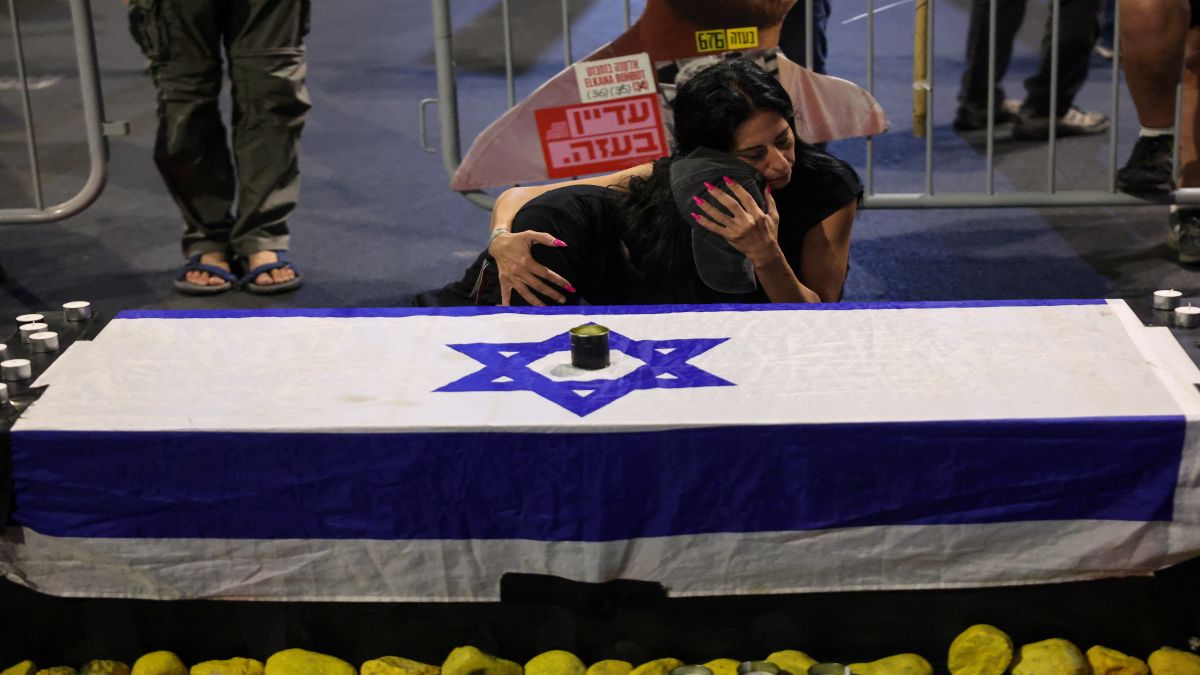)
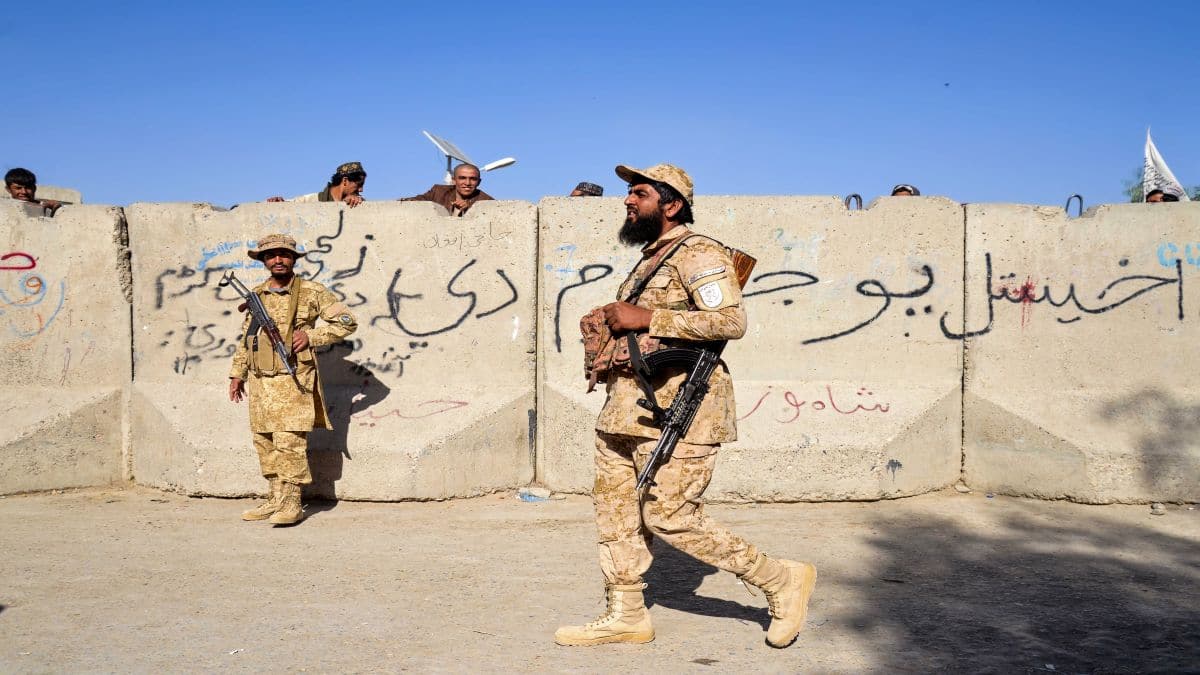
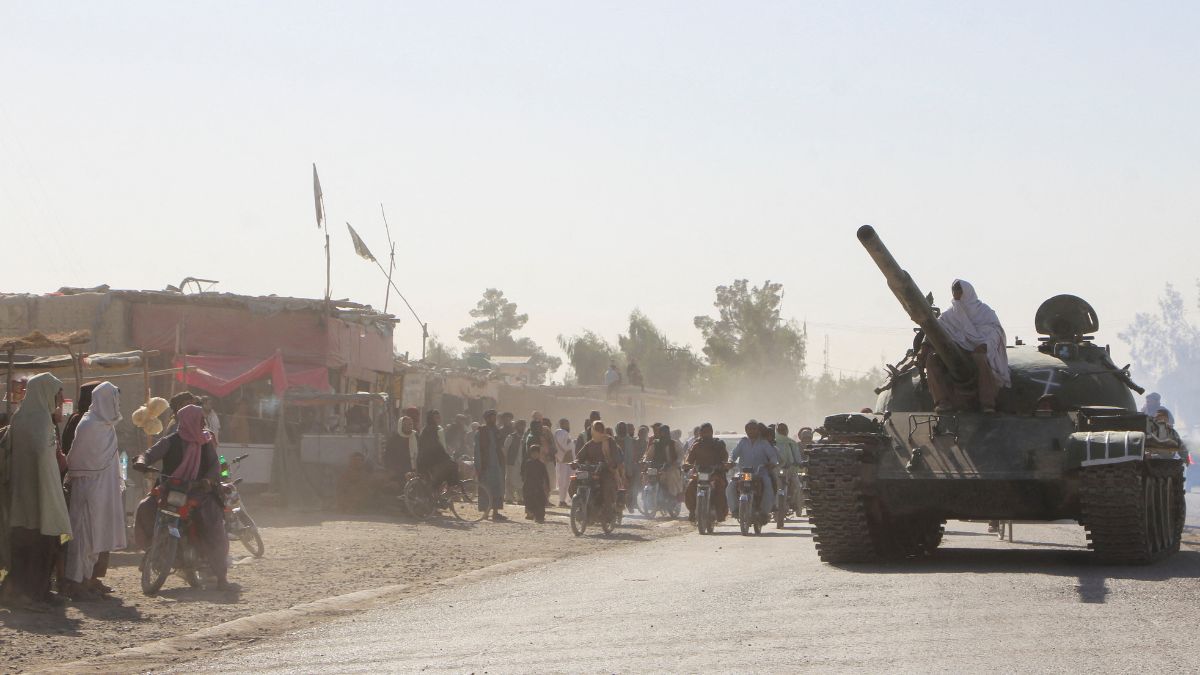)
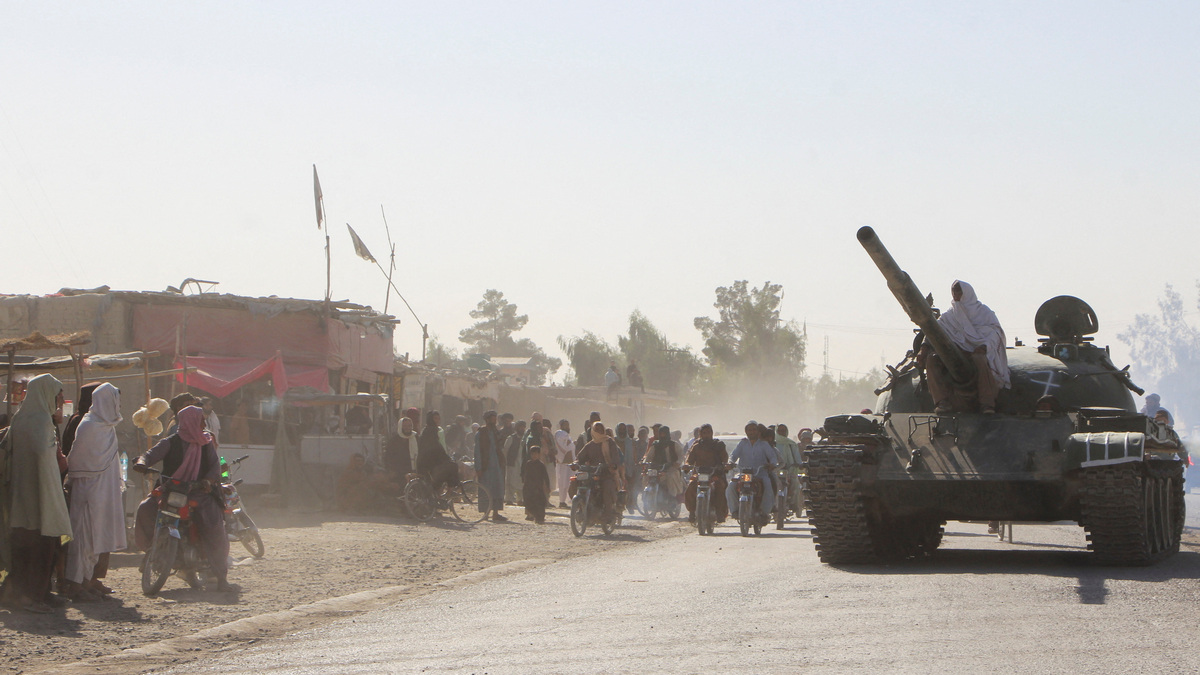)
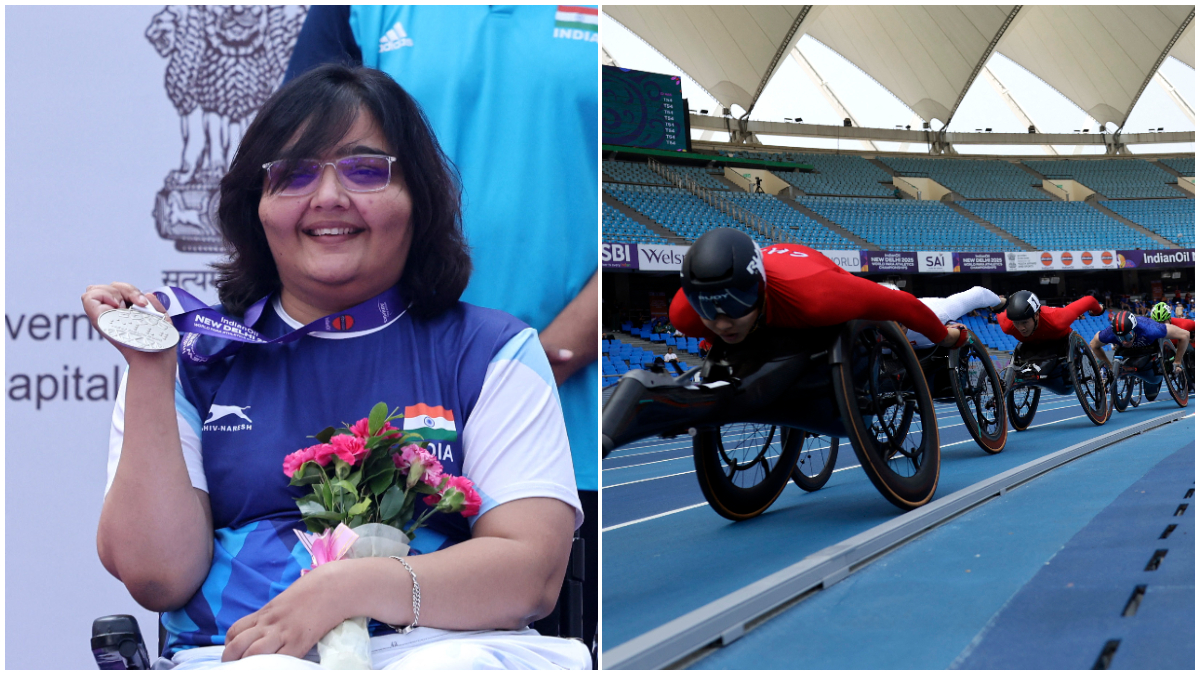)
)
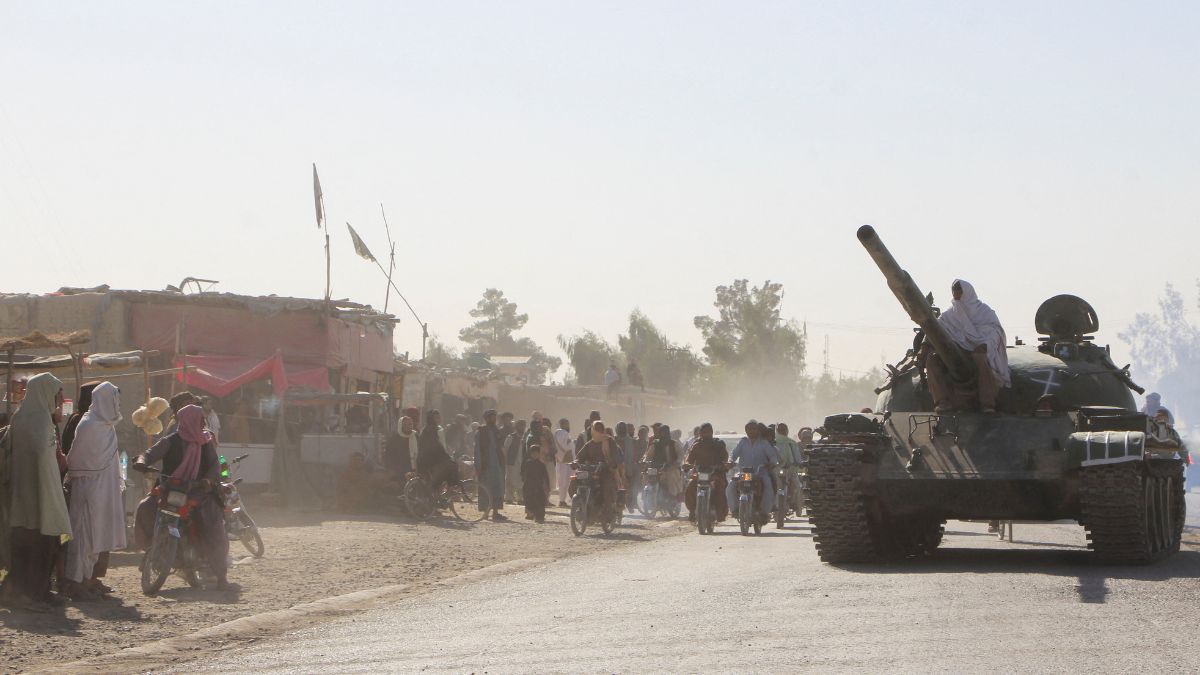)
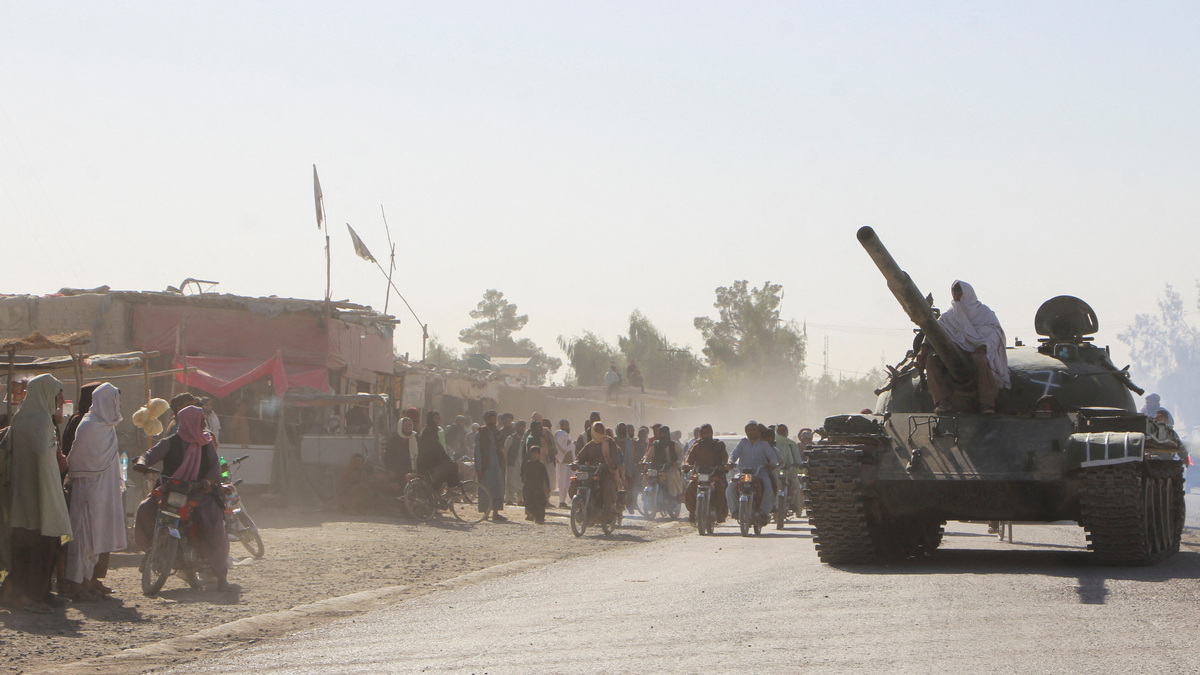)
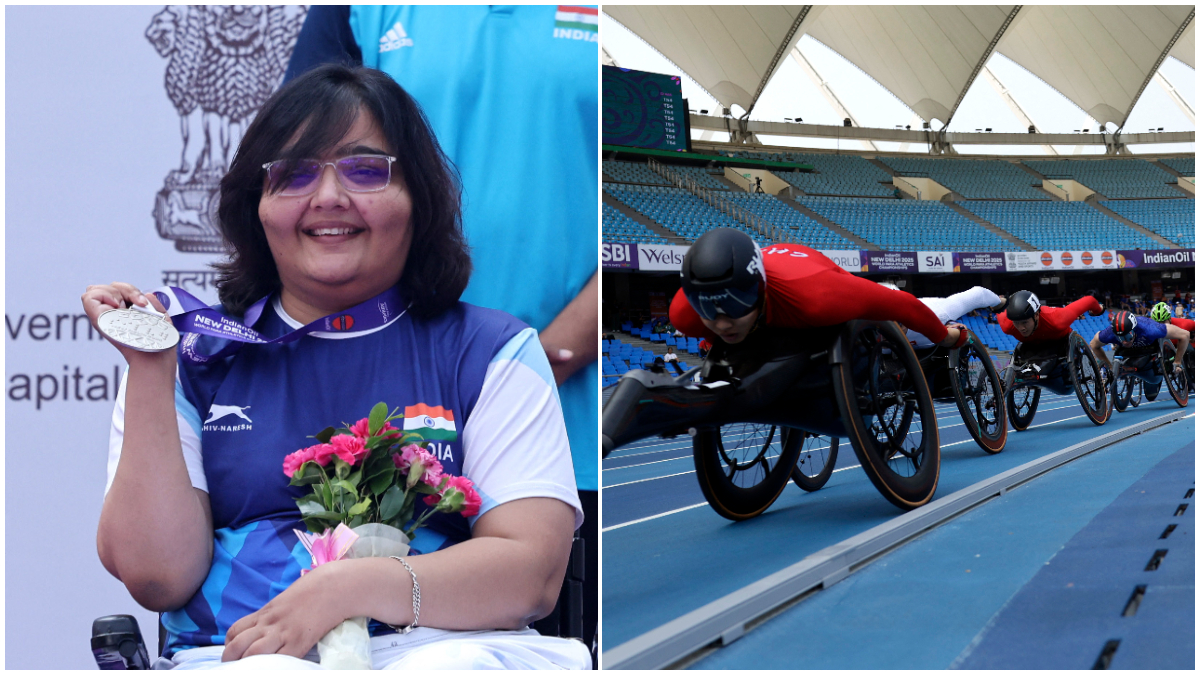)
)



